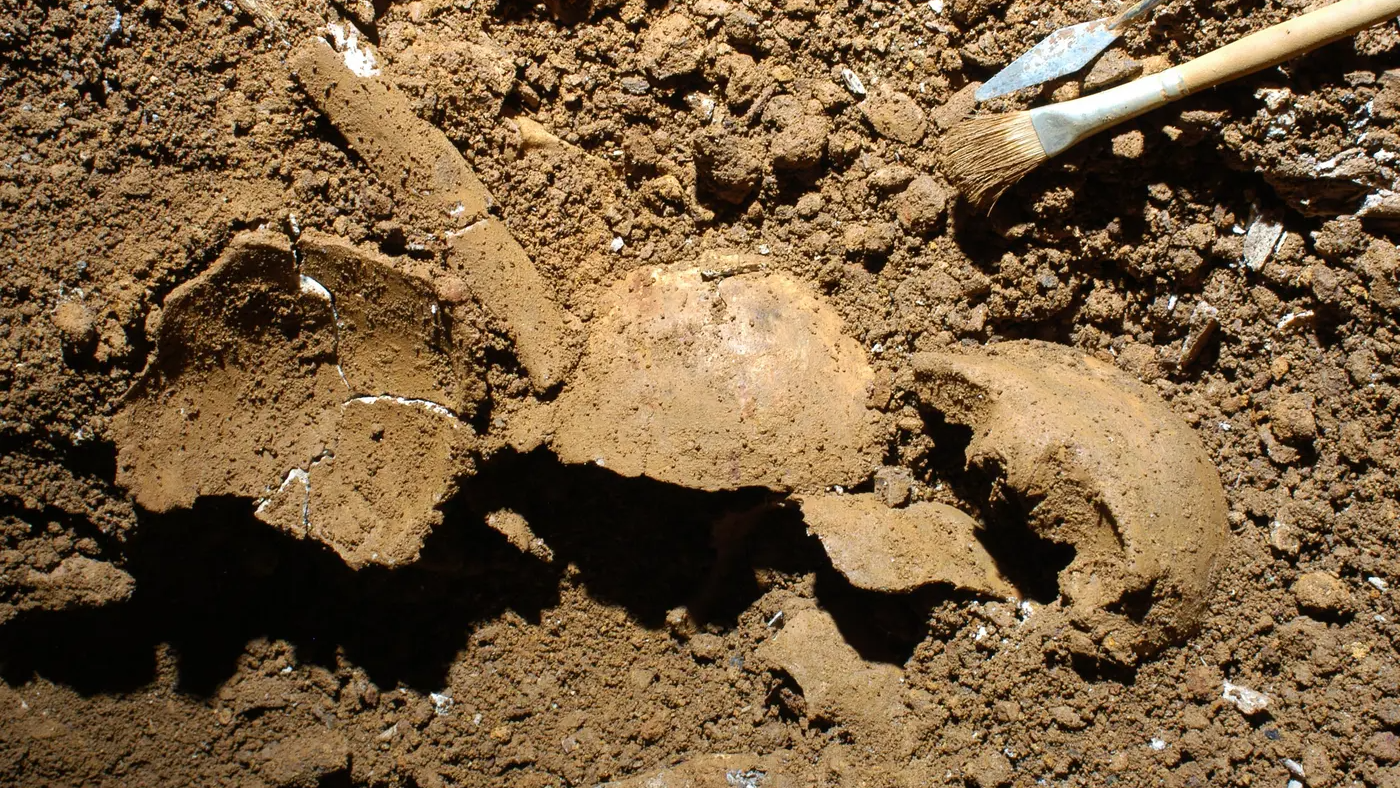5 Animals With a Moral Compass
Animal Emotions
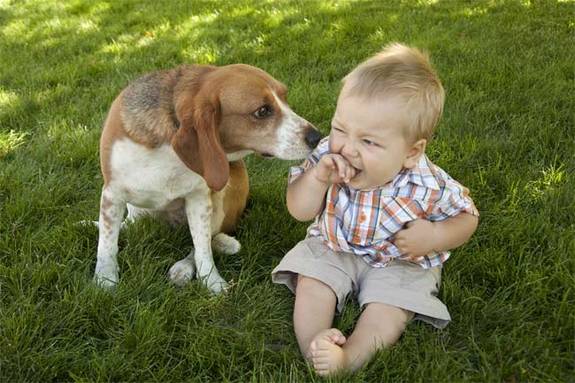
In the 16th century, philosopher and mathematician Rene Descartes said animals were just automata: red-blooded machines without thoughts or wishes. Since then, animal-behavior scientists have realized that our furry brethren have rich emotional lives and even a rudimentary sense of right and wrong.
From elaborate elephant funeral rituals to the moral outrage of cuckolded bluebirds, here are some surprising ways that animals exhibit the very human emotions we associate with morality.
Elephants Remember
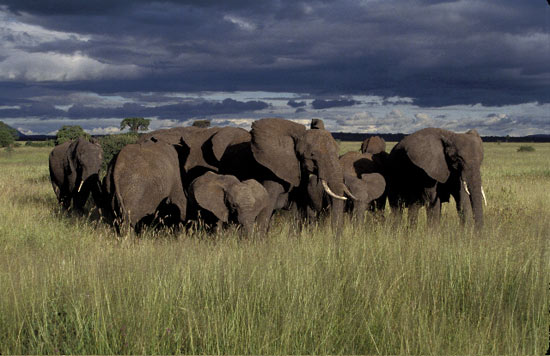
Elephants have some of the most elaborate group rituals of any animals. When a beloved member of an elephant troop dies, those left behind will mourn the lost individual by "burying" the body with leaves and grass, and keeping vigil over the body for a week. And just as humans visit the gravesites of their lost loved ones, elephants visit the bones of dead elephants for years to come. [Elephant Images: The Biggest Beasts on Land]
Compassionate Rodents
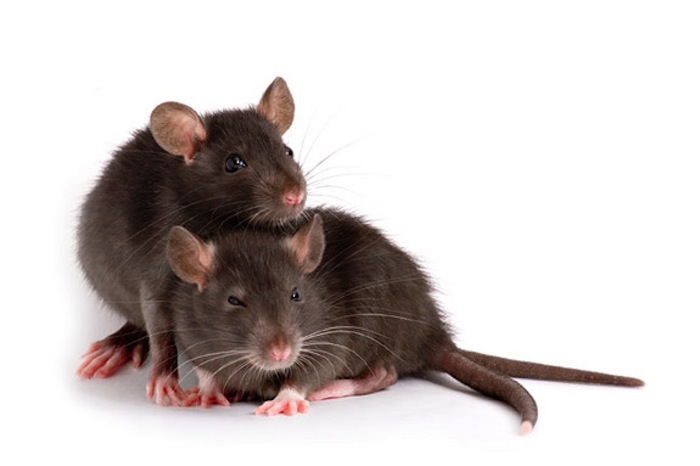
Those seemingly filthy creatures scampering in the sludge of subway stations or trashcans, rats have empathy for each other. In a famous 1958 experiment, hungry rats that were only fed if they pulled a lever to shock their littermates refused to do so, suggesting that the rodents have a sense of empathy and compassion for their fellows. Another study published in 2006 in the journal Science found that mice would grimace when their compatriots were in pain — but only if they knew the mouse personally.
Cheating Birds
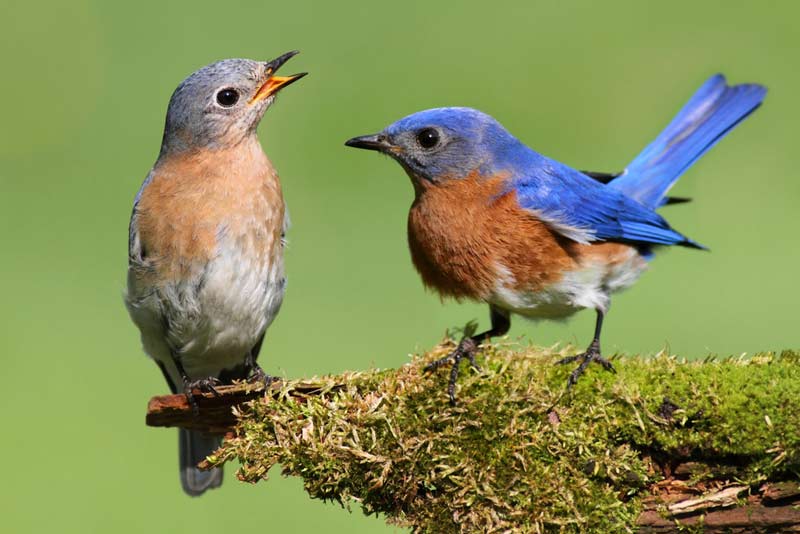
Humans aren't the only ones who experience jealousy. When male bluebirds are out foraging to provide for their mate's nest, female birds may step out with another male. Cuckolded males will beat their straying partners when they return, ripping out their feathers and snapping their beaks, according to a 1975 study detailed in the journal Science.
Dolphin Reciprocity
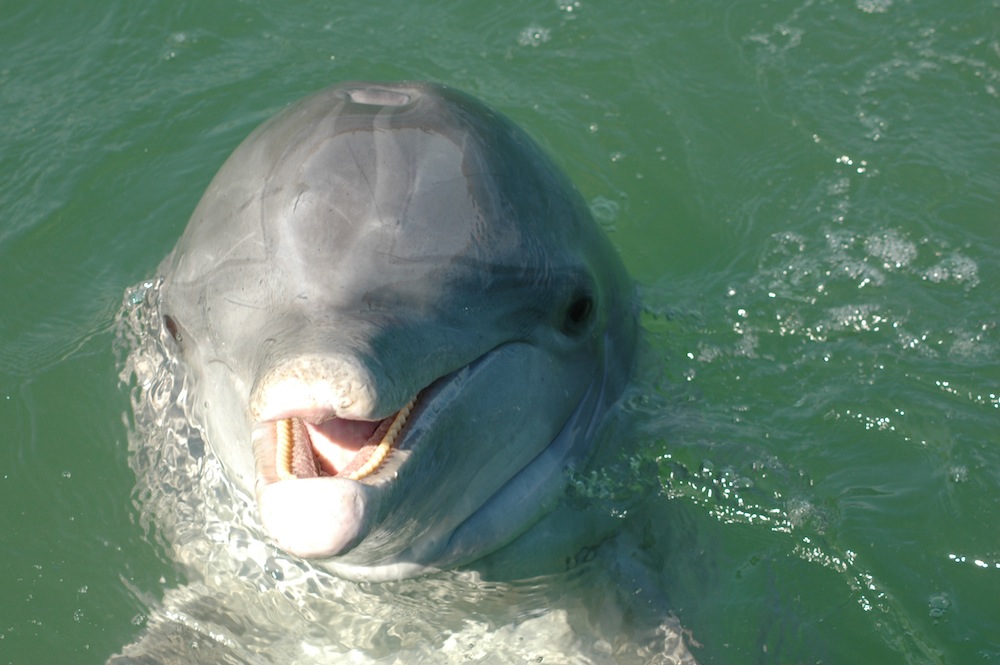
Dolphins routinely show love for species not their own. Several dolphins have practiced random acts of kindness by rescuing swimmers from hammerhead sharks. A few generous dolphins have even guided stranded whales back to sea. But the cetaceans save most of their goodwill for others in their pod — just like humans, they have a you-scratch-my-nose, I'll-scratch-yours ethic that demands routine kindness and generosity.
Dogs Feel Remorse?

While empathy and compassion may be common in animals, guilt may be a uniquely human emotion. A study published in the journal Behavioural Processes in 2009 found that dogs' guilty looks don't signal remorse.
Get the world’s most fascinating discoveries delivered straight to your inbox.
In the study, they told owners that their dogs had eaten a forbidden treat while the owners left the room. The catch? Only some of the dogs had actually eaten the treat. But the dogs wore guilty looks regardless of whether they had devoured the treat, suggesting they were reading their owners' anger and reacting accordingly, rather than feeling true remorse. Of course, it's still possible that dogs feel guilty about some things, but probably not for gobbling up that cake sitting on the countertop.

Tia is the editor-in-chief (premium) and was formerly managing editor and senior writer for Live Science. Her work has appeared in Scientific American, Wired.com, Science News and other outlets. She holds a master's degree in bioengineering from the University of Washington, a graduate certificate in science writing from UC Santa Cruz and a bachelor's degree in mechanical engineering from the University of Texas at Austin. Tia was part of a team at the Milwaukee Journal Sentinel that published the Empty Cradles series on preterm births, which won multiple awards, including the 2012 Casey Medal for Meritorious Journalism.


